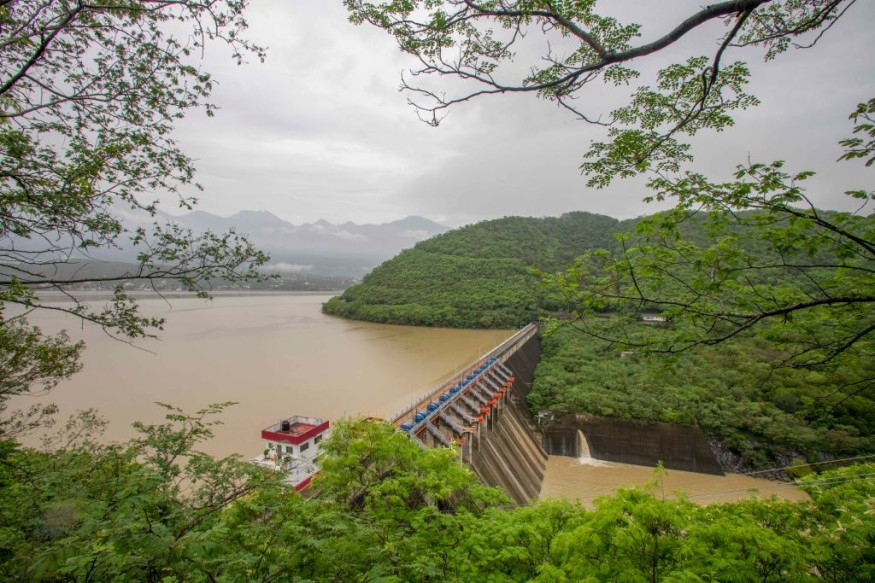A recent study has shown that climate inaction could limit public opinion regarding the belief that a low-carbon future is possible. This, as talks about climate inaction, has supposedly eroded the foundation of support for a 1.5 degrees Celsius way of living.

Discourses Of Delay
According to a recent study by the Center for Climate Change and Social Transformations, political and media discourse, known as "discourses of delay," which rationalize insufficient mitigation actions for climate change, is significantly negatively influencing public opinion in the United Kingdom.
A study published in Global Environmental Change titled "Discussions of climate inaction undermine public support for 1.5-degree Celsius lifestyles."
Since global temperatures are still rising, warming to 1.5 degrees Celsius or below will be extremely difficult and require a complete overhaul of every aspect of life. According to Dr. Catherine Cherry of Cardiff University's School of Psychology and the Center for Climate Change and Social Transformations, humanity desperately has to adapt to new lifestyles.
Between December 2020 and January 2021, the researchers conducted public interviews in Manchester, Aberdeen, and the south-west of England to better understand how the public views climate action. Support for action on climate change is at an all-time high. Seventy percent of UK citizens concur that society as a whole must fundamentally alter how we live and conduct ourselves to combat climate change. They discovered that the public's overconfidence in current behaviors stems from long-standing environmental messages, which mislead people into thinking that little personal acts are sufficient.
The public's defensiveness about drastic changes, such as cutting back on meat intake or travel, was also observed. This resulted in resistance to the most drastic lifestyle adjustments, motivated by worries about justice and individual freedom.
A feeling of helplessness also led some to believe that significant change was unachievable.
"We found that despite strong public support for many low-carbon lifestyle strategies, delay and inaction are limiting beliefs that a fair, low-carbon future is even possible. We argue that countering these narratives and the defensive responses they invoke is essential for achieving meaningful public action on climate change," says Cherry.
Fresh Strategy
The researchers urged a fresh strategy for public participation that goes beyond merely disseminating information.They proposed using deliberative methods, such as citizens' assemblies, to involve the public in co-creating just and good ideas for a sustainable future. This could undercut the narrative of delay and help create a public mandate for climate measures and a sense of climate citizenship.
Experts also noted that studies such as this one are essential in an ever-evolving media and political scene. Understanding public opinion is important for sustainable futures in general, but it becomes even more important during election seasons and political campaigns. Understanding how discourses of delay affect public investment in a more sustainable future allows us to concentrate our messaging in political and media discourse to ensure that everyone, from the public to politicians, invests in climate action.
© 2025 NatureWorldNews.com All rights reserved. Do not reproduce without permission.





